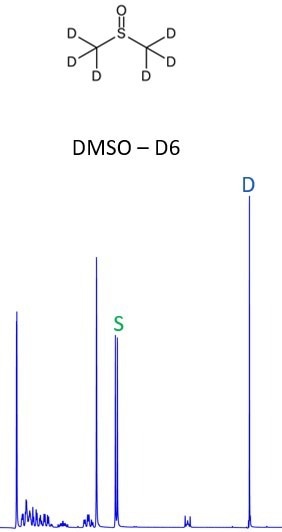
Most nuclear magnetic resonance (NMR) users dissolve their samples in deuterated versions of popular solvents such as chloroform, acetone, or dimethyl sulfoxide. For many purposes, such as reaction monitoring, however, a deuterated solvent is unnecessary.
This webinar will explain why deuterated solvents are employed in NMR applications, how to conduct the same functions without deuterium and provide practical examples of non-deuterated NMR.

Image Credit: JEOL USA, Inc.
About the Presenter
Tim began working for JEOL USA, Inc. in 2013 as an NMR Applications Chemist. He is in charge of teaching and supporting clients who use JEOL NMR spectrometers, writing papers on the latest breakthroughs in NMR technology, and assisting the sales and marketing teams at JEOL USA.
He also visits and speaks at conferences on essential NMR issues, such as structural elucidation, quantification, and chemistry education.